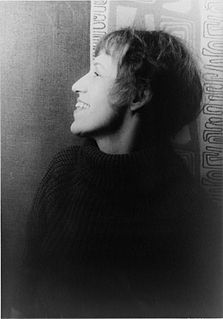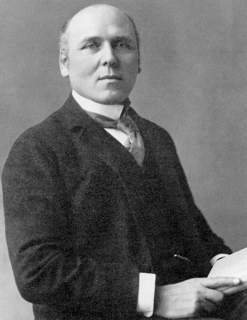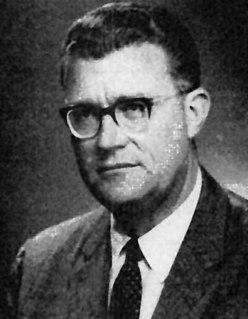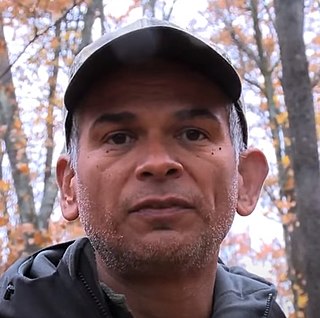A Quote by John Burroughs
How beautiful the leaves grow old. How full of light and color are their last days.
Related Quotes
Stars, too, were time travelers. How many of these ancient points of light were the last echoes of suns now dead? How many had been born but their light not yet come this far? If all the suns but ours collapsed tonight, how many lifetimes would it take us to realize that we were alone? I had always known the sky was full of mysteries - but not until now had I realized how full of them the earth was.
My God, Sage. Your eyes. How have I never noticed them?" That uncomfortable feeling was spreading over me again. "What about them?" "The color," he breathed. "When you stand in the light. They're amazing... like molten gold. I could paint those..." He reached toward me but then pulled back. "They're beautiful. You're beautiful.
Once again you are wrong sir, darkness does not exist either. Darkness is in reality the absence of light. Light we can study, but not darkness. In fact we can use Newton's prism to break white light into many colors and study the various wavelengths of each color. You cannot measure darkness. A simple ray of light can break into a world of darkness and illuminate it. How can you know how dark a certain space is? You measure the amount of light present. Isn't this correct? Darkness is a term used by man to describe what happens when there is no light present.

































